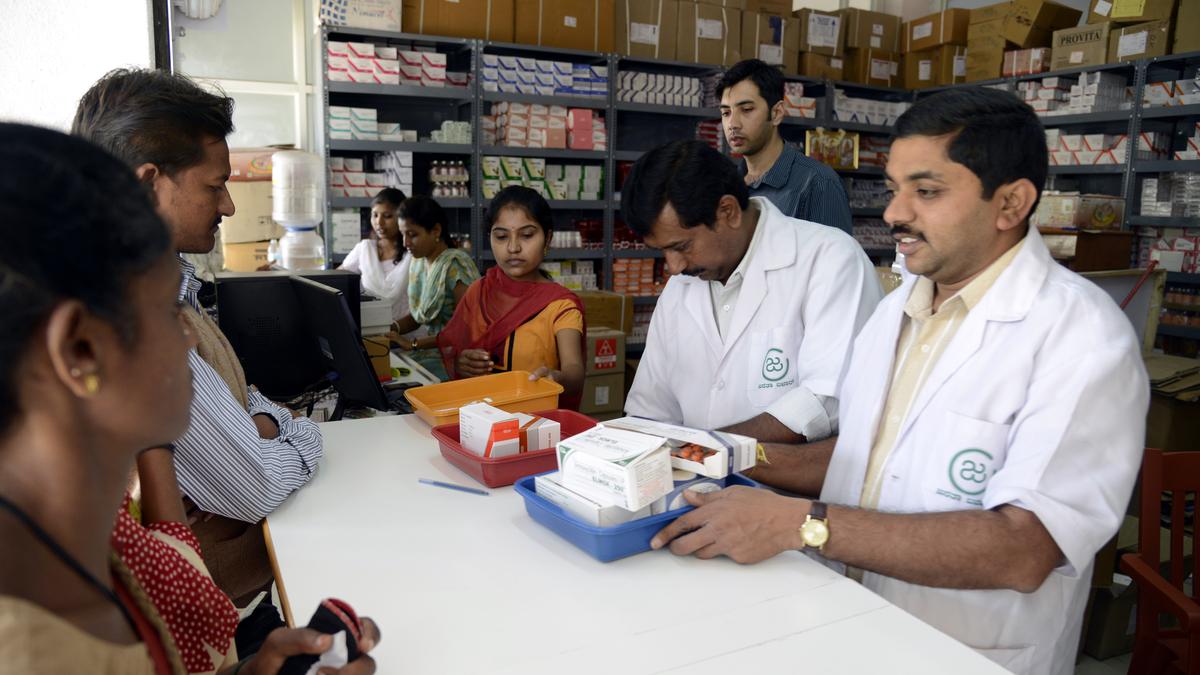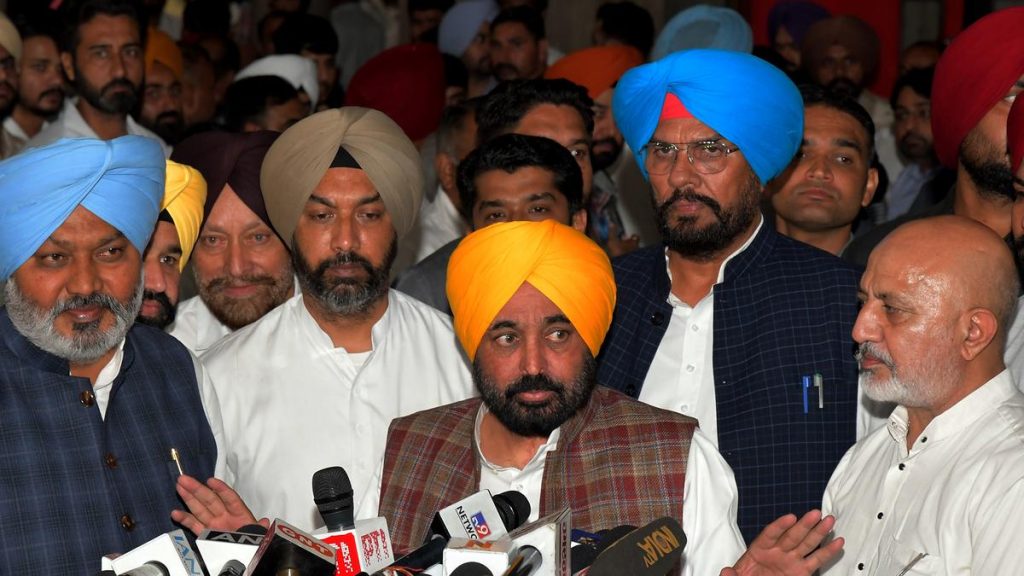Now Reading: Free Medicines Assured: Karnataka Health Minister Defends Jan Aushadhi Kendra Closures
-
01
Free Medicines Assured: Karnataka Health Minister Defends Jan Aushadhi Kendra Closures
Free Medicines Assured: Karnataka Health Minister Defends Jan Aushadhi Kendra Closures

Quick Summary
- Karnataka Health Minister Dinesh Gundu Rao announced plans to close Jan Aushadi Kendras located within government-run hospitals.
- The move aims to ensure free and consistent supply of essential medicines to poor and marginalized patients relying on public healthcare facilities.
- The decision seeks to reduce out-of-pocket expenditure by preventing doctors from directing patients to purchase subsidized medicines from commercial outlets when free medicines are available at the hospitals.
- Karnataka currently has 1,417 operational Jan Aushadi Kendras, of which only 184 operate on government hospital premises; the rest function independently outside hospital campuses.
- Essential medicines under Karnataka’s healthcare scheme are regularly supplied through the Karnataka State Medical Supplies Corporation Limited (KSMSCL), with contingency funds for local purchases in case of shortages.
- PMBJP offers medicines at prices 50%-80% lower then branded alternatives. Rao requested that PMBI supply these low-cost drugs directly to Karnataka’s health department at similar subsidized rates.
Indian Opinion Analysis
Karnataka’s decision reflects an attempt by the state government to streamline its public healthcare delivery system and offer worldwide access to essential drugs free of cost at its facilities.By focusing exclusively on in-hospital care for vulnerable patients, it seeks both financial equity and operational efficiency. Though,closing Jan Aushadi kendras inside hospitals while allowing them outside aligns with this goal without undermining citizens’ access at choice locations.
The affordable pricing under PMBJP remains a strong point but highlights a potential disparity between central and state-level approaches for efficient drug distribution-underscored further by requests for subsidy parity direct from PMBI.
This initiative may help reduce medical costs while addressing risks associated with dual systems (government supply vs commercial outlets). Long-term implications will depend on robust implementation without drug shortages or burdensome logistical challenges across KSMSCL channels.For more details: Read More

























